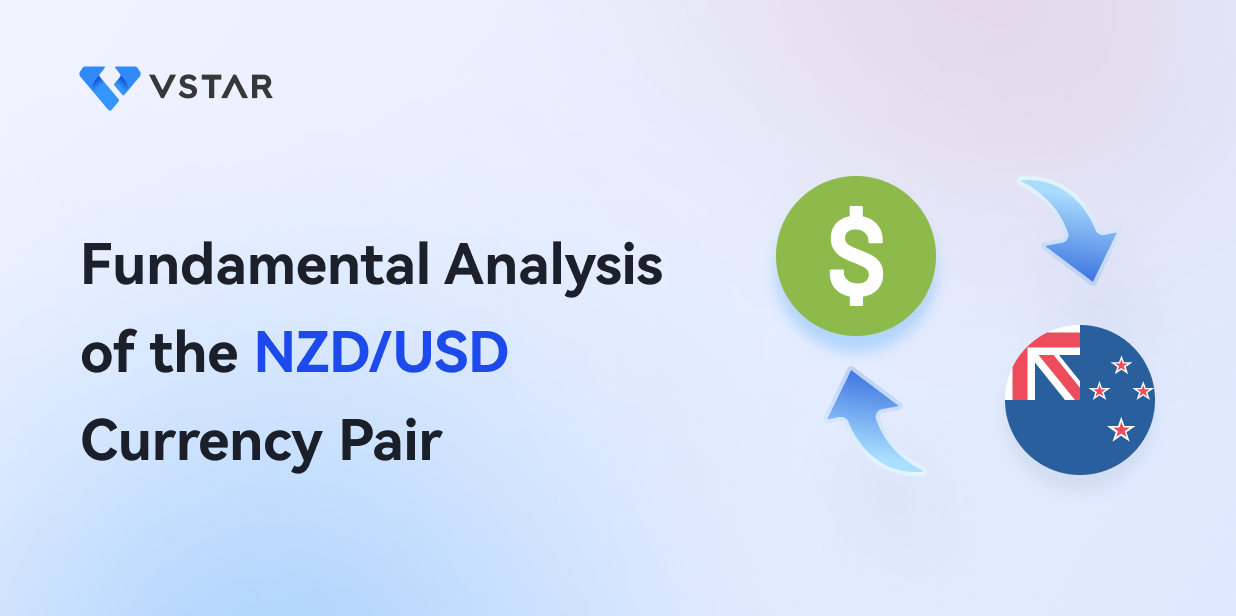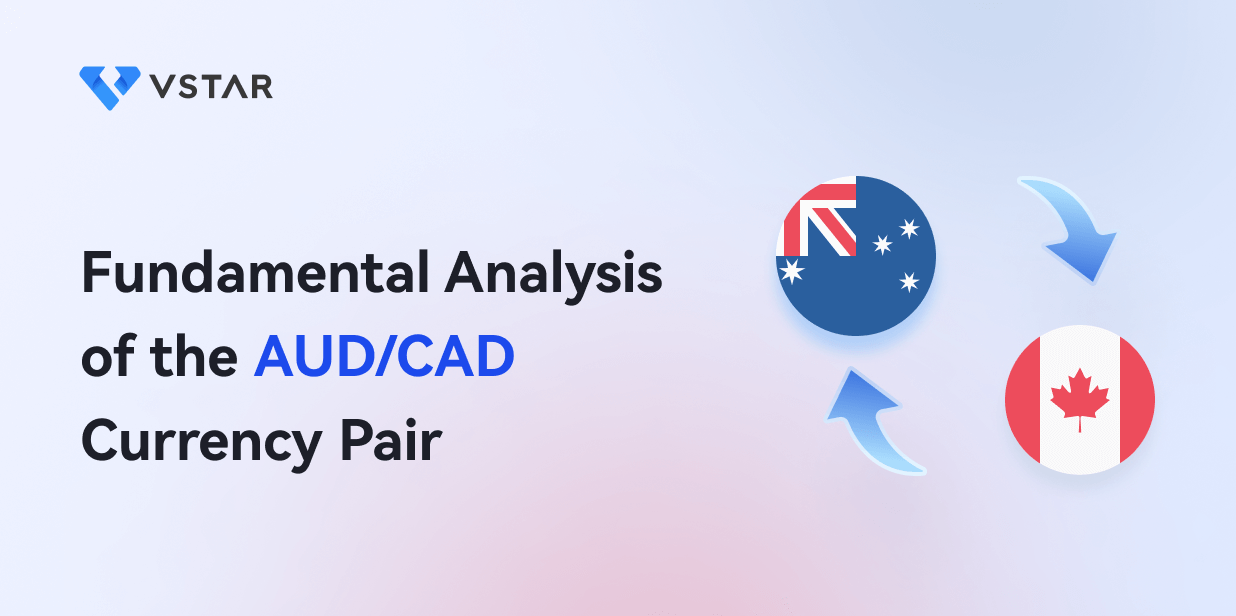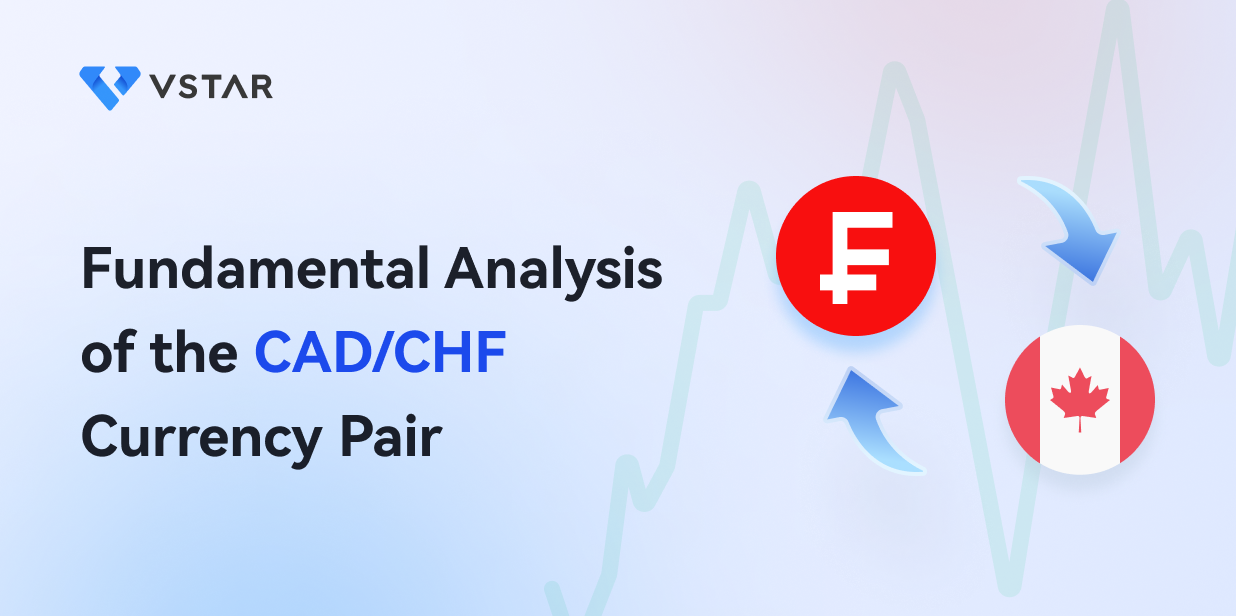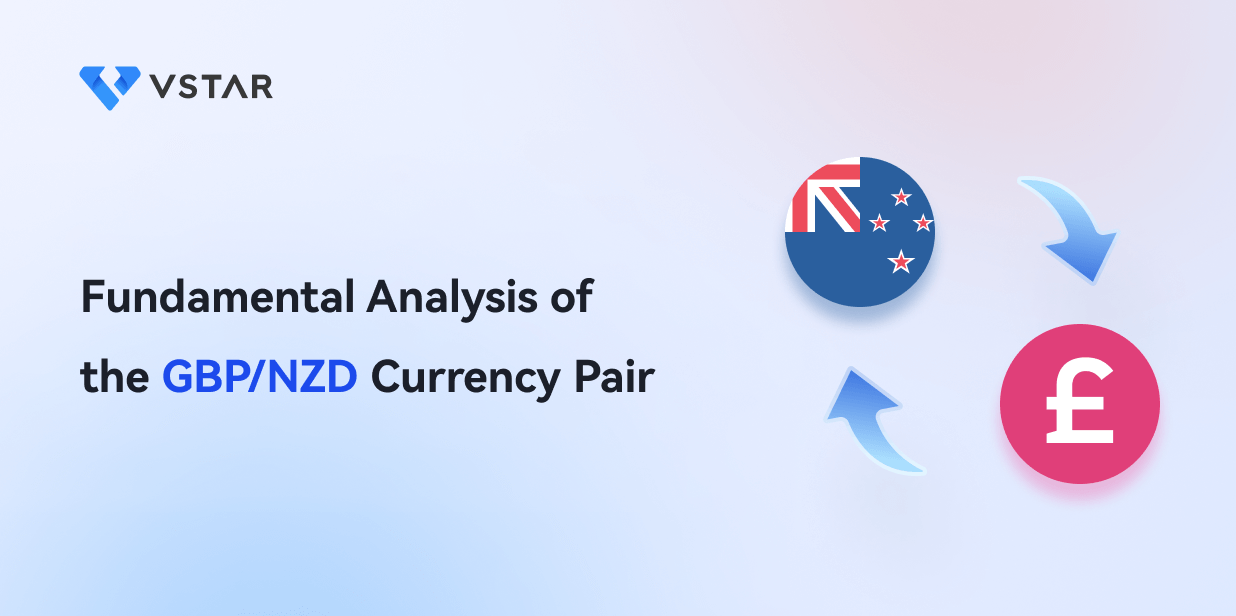Start Forex trading with VSTAR
With low barriers to entry, high liquidity, and powerful trading tools, Forex CFD trading offers a potentially profitable way to invest in the financial markets. Trade on the foreign exchange market without owning the underlying asset and take advantage of leverage to increase your potential returns.

Why trade forex with VSTAR
Competitve Leverage
Up to 1:200 depending on instrument. Smaller capital to participate in more trading opportunities
Top-tier Deep Liquidity
Quickly enter and exit trades any time.
Spreads from 0 Pips
Get the most competitive spreads on our major products.
Best Execution
Your orders are filled at the best market prices and executed within milliseconds.
Our Forex Instruments
Check the latest prices on our top Forex CFDs on currency pairs.
Forex FAQs explained
FIND OUT MORE ABOUT FOREX TRADING
Here is an introduction to forex trading:
Forex trading, also known as foreign exchange trading, is one of the largest and most liquid financial markets in the world. It involves buying and selling currencies to take advantage of price movements in the market. Forex traders use forex trading to generate profits through speculation on the rise and fall of currency values.
The forex market is open 24 hours a day, five days a week. Currencies are traded electronically between participants around the world. The forex market volumes are huge, with over $5 trillion worth of currencies exchanged each day.
The main participants in the forex market are central banks, commercial banks, hedge funds, corporations, and individual traders. Central banks participate in the forex market to control exchange rates or stabilize their own currency. Commercial banks and corporations usually engage in forex trading to facilitate international business transactions or hedge exchange rate risks. Speculators, such as hedge funds and individual traders, participate purely to generate profits from price movements and fluctuations in the market.
The most commonly traded currencies in the forex market are the US Dollar, Euro, Japanese Yen, British Pound, Swiss Franc, Canadian Dollar, and Australian Dollar. Forex traders speculate on the strength of one currency against the weakness of another to make profits. For example, if the Euro is gaining strength against the US Dollar, a forex trader would buy Euros with US Dollars in the hopes that the Euro will gain further. By later selling Euros back for US Dollars, the trader can generate profits from the price increase.
The forex market is open 24 hours a day, with major trading centers in Tokyo, London, and New York. This means forex traders can constantly scan international news and monetary policy changes that may impact currency prices and potentially trade at any time. The high liquidity, leverage availability, and low costs of trading are what attract both institutional and individual traders to the exciting world of forex.
Explore More Market Insights
 Fundamental Analysis of the NZD/USD Currency PairMaster the art of fundamental analysis for the NZD/USD currency pair this comprehensive guide. Explore the factors that influence the exchange rate and combine fundamental analysis with technical analysis to gain a deeper understanding of expert insights and strategies for trading the NZDUSD successfully.Read article
Fundamental Analysis of the NZD/USD Currency PairMaster the art of fundamental analysis for the NZD/USD currency pair this comprehensive guide. Explore the factors that influence the exchange rate and combine fundamental analysis with technical analysis to gain a deeper understanding of expert insights and strategies for trading the NZDUSD successfully.Read article Fundamental Analysis of the AUDCAD Currency PairForex analysis for the AUDCAD currency pair including fundamental analysis, trading strategies, news and AUD CAD macroeconomic overview.Read article
Fundamental Analysis of the AUDCAD Currency PairForex analysis for the AUDCAD currency pair including fundamental analysis, trading strategies, news and AUD CAD macroeconomic overview.Read article Fundamental Analysis of the CAD/CHF Currency PairThe CAD/CHF currency pair is an important pair in the forex market. The CAD/CHF currency pair's outlook can vary based on prevailing economic conditions and market sentiment.Read article
Fundamental Analysis of the CAD/CHF Currency PairThe CAD/CHF currency pair is an important pair in the forex market. The CAD/CHF currency pair's outlook can vary based on prevailing economic conditions and market sentiment.Read article Fundamental Analysis of the GBPNZD Currency PairForex analysis for the GBPNZD currency pair including fundamental analysis, trading strategies, news and GBP NZD macroeconomic overview.Read article
Fundamental Analysis of the GBPNZD Currency PairForex analysis for the GBPNZD currency pair including fundamental analysis, trading strategies, news and GBP NZD macroeconomic overview.Read articleYou might also be interested in trading CFDs on











